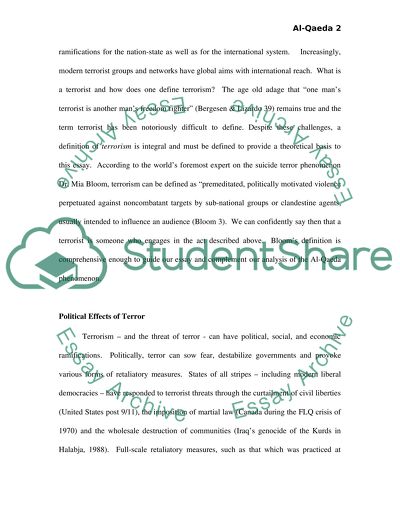Cite this document
(“Al-Qaeda Case Study Example | Topics and Well Written Essays - 3000 words”, n.d.)
Al-Qaeda Case Study Example | Topics and Well Written Essays - 3000 words. Retrieved from https://studentshare.org/sociology/1519020-al-qaeda
Al-Qaeda Case Study Example | Topics and Well Written Essays - 3000 words. Retrieved from https://studentshare.org/sociology/1519020-al-qaeda
(Al-Qaeda Case Study Example | Topics and Well Written Essays - 3000 Words)
Al-Qaeda Case Study Example | Topics and Well Written Essays - 3000 Words. https://studentshare.org/sociology/1519020-al-qaeda.
Al-Qaeda Case Study Example | Topics and Well Written Essays - 3000 Words. https://studentshare.org/sociology/1519020-al-qaeda.
“Al-Qaeda Case Study Example | Topics and Well Written Essays - 3000 Words”, n.d. https://studentshare.org/sociology/1519020-al-qaeda.


